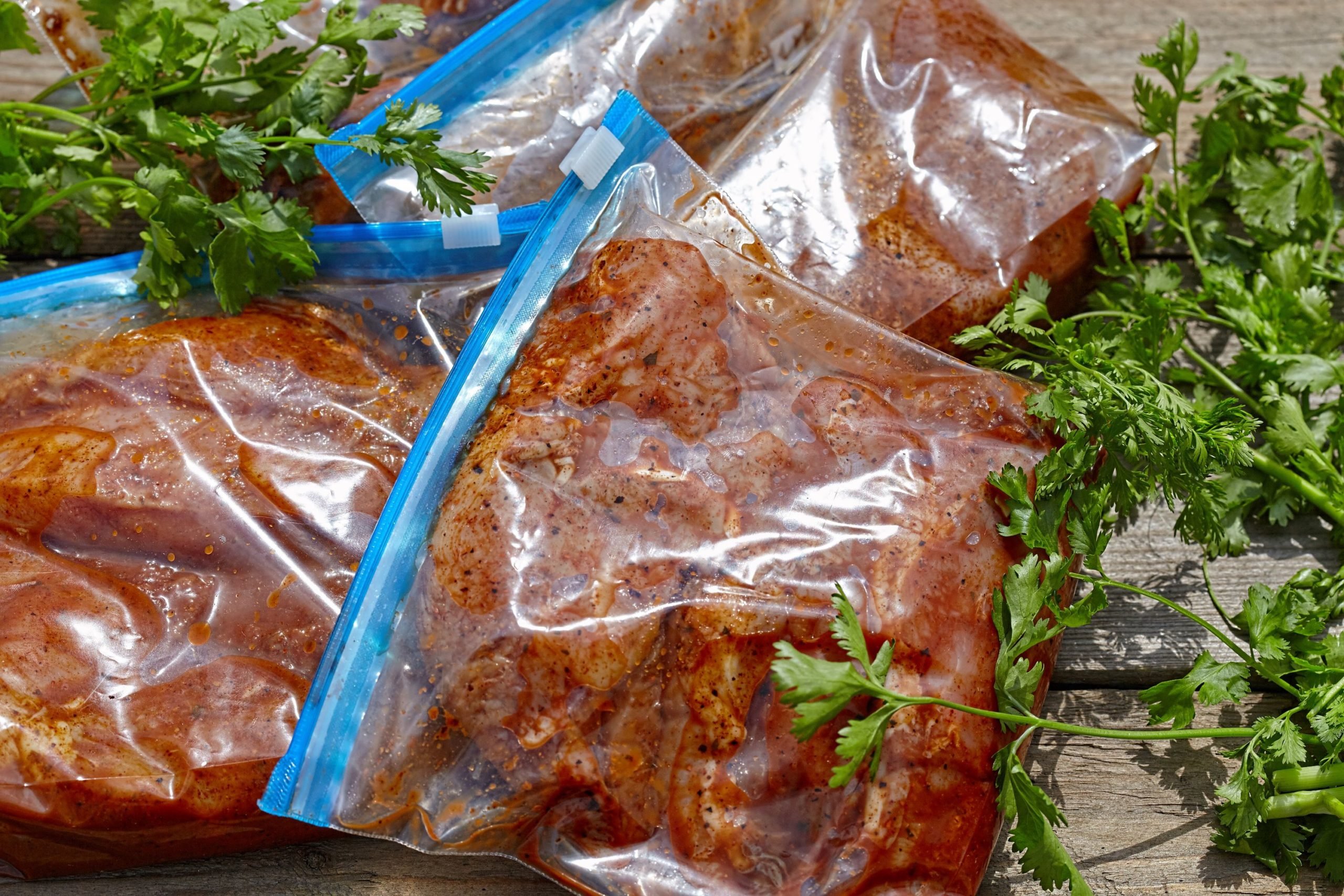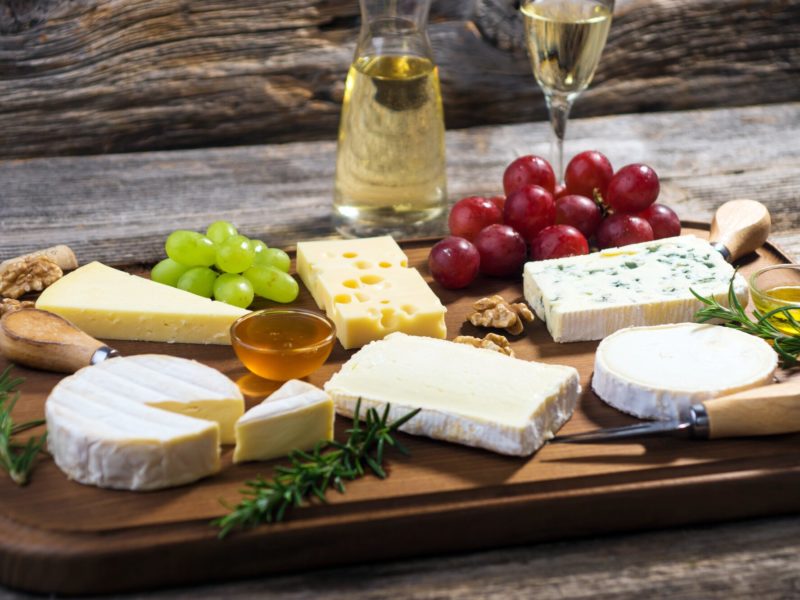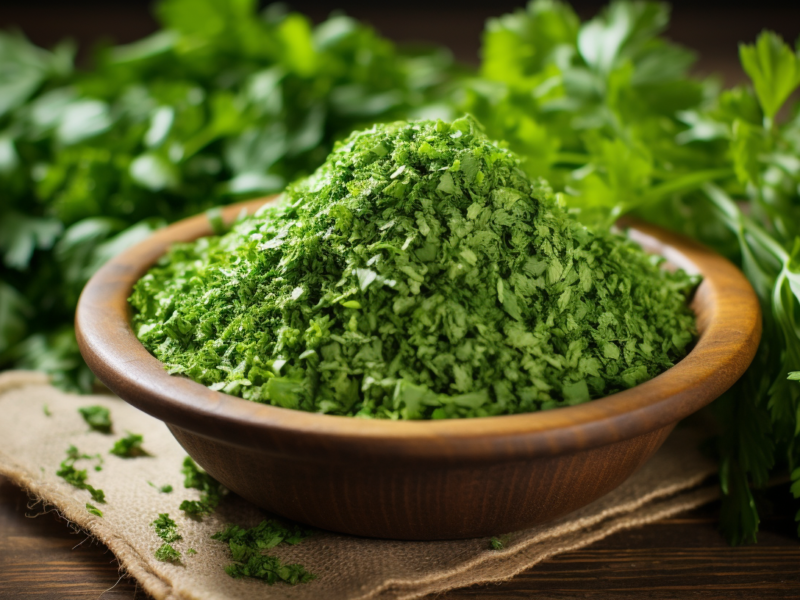Marinades hold a special place in the culinary world, turning ordinary meals into extraordinary feasts. With an impressive variety and unmatched versatility, marinades can transform flavors and textures, making them an essential part of cooking.
This guide aims to explore this fascinating culinary art and equip beginners with the knowledge needed to master marinades, opening doors to endless delicious possibilities. Whether it’s tenderizing meat or adding zest to vegetables, the art of marinating is a skill worth mastering.
- Understanding Marinade Basics
The journey to mastering marinades begins with understanding their essential components. A typical marinade consists of three key ingredients: acid, oil, and flavorings. Acid helps tenderize, while oil carries flavors into the food, and herbs or spices add the desired taste.
But what makes marinades so transformative? They work to enhance both the flavor and texture of food, like the marinades from House of Legumes. Through marinating, meats become more tender, and vegetables absorb new and exotic flavors. It’s a creative process that invites experimentation and innovation.
- Selecting The Right Ingredients
Choosing the right ingredients is a vital step in crafting the perfect marinade. The types of oils, acids, and herbs are key components in marinades.
- Oils: Olive, canola, and sesame oils are common choices that suit different cuisines.
- Acids: Vinegars, citrus juices, and yogurts offer varying levels of tanginess.
- Herbs And Spices: Choices like basil, rosemary, thyme, garlic, or chili allow for a wide range of flavors.
Matching ingredients to meats or vegetables ensures the right flavor combination.
- For Meats: Rich oils like olive oil and robust acids such as red wine vinegar work well with beef or lamb. Poultry pairs nicely with citrus-based marinades.
- For Vegetables: Lighter oils like canola and mild acids like apple cider vinegar complement vegetable dishes.
Finding the right mix of oils, acids, and herbs creates a world of culinary possibilities. Be it a hearty meat dish or a subtle vegetable ensemble, the right blend transforms ordinary ingredients into exceptional fare.
- Preparation Techniques
Preparing a marinade is easy when you follow these basic steps:
- Use a shallow dish or resealable plastic bag. This will help the marinade to evenly coat the food.
- Turn the food occasionally. This will help to ensure that all sides of the food are evenly marinated.
- If the food is very thick, you may want to pound it or score it. This will help the marinade to penetrate the food more easily.
- Marinate the food in the refrigerator. This will help to prevent the growth of harmful bacteria.
- Do not marinate the food for too long. Over-marinating can make the food tough and mushy.
Here are the recommended marinating times for different types of food:
- Chicken: Chicken can be marinated for anywhere from 30 minutes to 24 hours.
- Beef: Beef can be marinated for anywhere from 6 to 18 hours.
- Pork: Pork can be marinated for anywhere from 4 to 24 hours.
- Fish: Fish can be marinated for anywhere from 30 minutes to 2 hours.
- Vegetables: Vegetables can be marinated for anywhere from 30 minutes to 1 hour.
It is important to note that these are just general guidelines. The actual marinating time may need to be adjusted depending on the thickness of the food, the type of marinade, and your personal preferences.
- Marinades For Different Cuisines
Marinades offer a tantalizing window into the flavors and traditions of different global cuisines. From the savory depths of Mediterranean blends to the spicy tang of Asian infusions, marinades are an essential aspect of many cultural dishes.
- Asian Marinades: Asian marinades often use soy sauce, rice vinegar, ginger, garlic, and sesame oil. They are often used to marinate meat, poultry, and tofu.
- Mediterranean Marinades: Mediterranean marinades often use olive oil, lemon juice, herbs, and spices such as oregano, thyme, and rosemary. They are often used to marinate fish, chicken, and vegetables.
- Caribbean Marinades: Caribbean marinades often use citrus juices, such as lime or orange juice, along with spices such as cumin, chili powder, and allspice. They are often used to marinate chicken, pork, and fish.
- Mexican Marinades: Mexican marinades often use lime juice, cilantro, garlic, and spices such as chili powder, cumin, and oregano. They are often used to marinate chicken, pork, and beef.
- Indian Marinades: Indian marinades often use yogurt, spices such as turmeric, garam masala, and coriander, and herbs such as cilantro and mint. They are often used to marinate chicken, lamb, and vegetables.
Exploring various marinade styles enables you to travel the culinary world from your kitchen. Experiment with different marinades from different cuisines to find your favorites.
- Common Mistakes And How To Avoid Them
Recognizing and avoiding these errors ensures that your marinades elevate your dishes rather than detract from them.
- Using Too Much Acid: Acids, such as vinegar, citrus juices, and wine, can break down the proteins in meat. If you are using an acidic marinade, it is important to use it sparingly and not marinate the meat for too long.
- Not Using Enough Salt: Salt helps to flavor the meat and also helps to draw out moisture, which helps the marinade to penetrate the meat more easily. If you do not use enough salt in your marinade, the meat will be bland and dry.
- Not Marinating For Long Enough: Marinating too briefly won’t infuse flavors, while too long can toughen the meat. Experimenting is the best way to find the ideal marinating time.
By understanding these common mistakes and their solutions, beginners can approach marinating with confidence.
Conclusion
Mastering the art of marinades is a rewarding culinary skill that enhances flavor and texture across various cuisines. By understanding the essentials, steering clear of common errors, and embracing creativity, even beginners can transform ordinary meals. Explore and enjoy the endless possibilities that marinades offer in your culinary journey.



